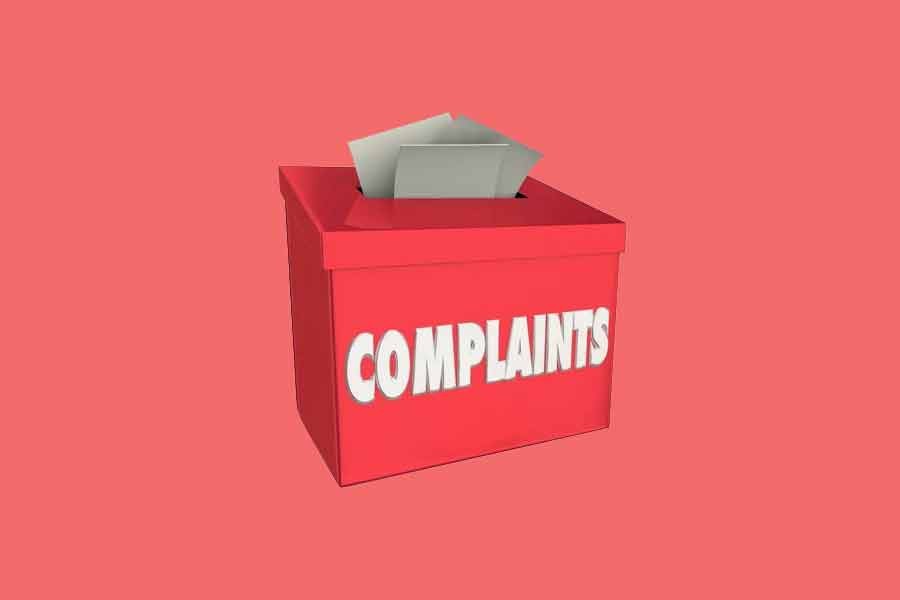It is sad to see that although the government has put in place a system called the GRS (Grievance Redress System), designed to redress citizens' concerns and complaints, most people aren't even aware of it. According to a report published in this newspaper on January 30, only 48,660 complaints were redressed in four years. With a population of some 165 million people, there were less than 50,000 complaints nationwide? This speaks volumes for a programme that has been in existence for sometime now and yet no serious effort has been made to popularise it, not just by the state bodies but also by non-state actors.
Looking over a 12-month period of 2022, the Food Safety Authority received 60 complaints, all of which were redressed. Only 60 complaints? That does not even constitute a 'sample' in terms of statistics. Environment got 638, 99.84 per cent of which was redressed. Dhaka WASA which has millions of subscribers and got so much press coverage over the last few years received only 131 complaints. The data go on to portray a similar picture with the other sectors.
Any citizen can actually file his/her grievance using the online service or even the dedicated hotline. Admittedly, the introduction of the GRS is a step in the right direction. But then merely having an up-and-running platform does little to alleviate the problem - people must be made aware of it. Would it not actually lessen the distance between the people and those perceived to be at the helm of affairs if complaints were being redressed in large numbers? The FE report quoting government definition said, "a complaint filed against a government department or a service provider registered under the law regarding a citizen's dissatisfaction with the promised service or product or service-delivery method or unlawful acts related to the service paid or rendered or refusal to provide the citizen's legitimate rights shall be treated as a civil complaint."
But who or which body has made sure that this system is not prioritised for public dissemination is a question that warrants a satisfactory answer from the authorities concerned. One is sure that people would be very interested to know that the Department of Immigration and Passports is included in the GRS and dissatisfied customers can take up the matter officially. There is no point in complaining about the quality of drinkable water on social media or television, because the government machinery requires complaints to go through GRS. Consumers can now make their voices heard through official channels. The same can be said for citizens having issues with various departments including, environment, the Food Safety Authority, Dhaka WASA, TCB, Passport, Vokta (Directorate of National Consumers Right Protection), Law & Justice Division, and BSTI (Bangladesh Standards Testing Institute).
What is known is that there is also a dearth of awareness amongst officials and all officials designated to handle GRS in different government offices also have not received necessary training on the relevant issues. While citizen's complaints are made on different platforms (including mainstream media and social media), people need to be made aware of GRS so that their complaints are registered and put into the "system". Once recorded on the system, a complaint can hardly be ignored. This carries a whole different meaning. The concerned office is now officially bound to look into the complaint and redress it. It is, therefore, imperative that the state itself popularised the use of GRS at all offices and departments to get real feedbacks from citizens and the follow-up to their redressal. Once done, this will be an element of good governance.


